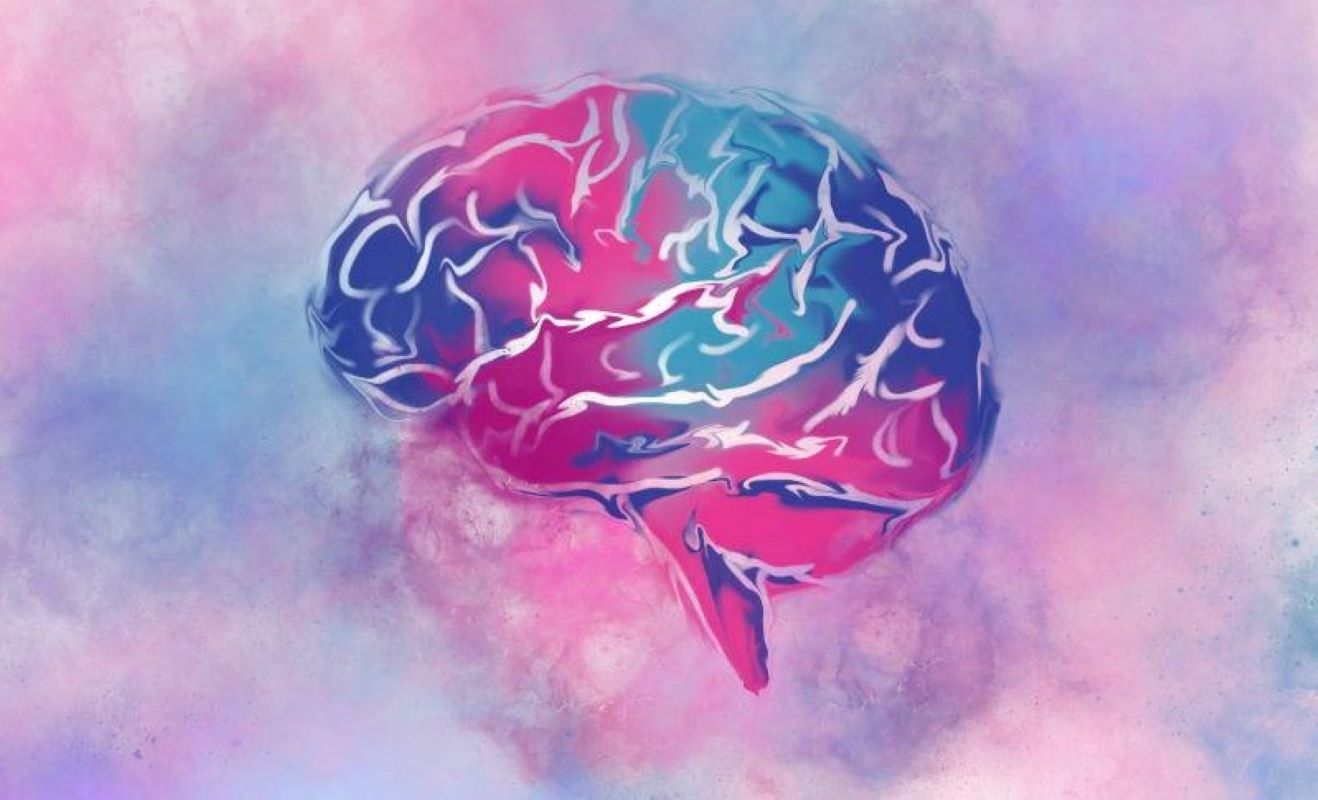34 percent of patients have persistent impairment beyond 36 months, although most have favorable outcome on mRS
By Elana Gotkine HealthDay Reporter
FRIDAY, Nov. 22, 2024 (HealthDay News) — Recovery from anti-NMDA receptor (anti-NMDAR) encephalitis continues for three years, but deficits persist, according to a study published online Nov. 20 in Neurology.
Juliette Brenner, M.D., from the Erasmus University Medical Center in Rotterdam, Netherlands, and colleagues conducted a large-scale cross-sectional and prospective cohort study to examine the temporal trajectory of anti-NMDAR encephalitis in patients aged older than 16 years who were independent prior to illness onset. Patients completed Patient-Reported Outcome Measures and neuropsychological assessments, and functional outcomes were assessed and compared to references.
Ninety-two patients were included in the study. The researchers observed improvement in cognitive scores with time of assessment, up to 36 months after diagnosis; the most enhanced improvement occurred in the first six months. In 12 prospective patients, this result could be reproduced. Thirty-four percent of patients had a persistent impairment beyond 36 months; 65 percent scored below-average in one or more cognitive domains, although the majority (91 percent) had a favorable outcome as measured by the modified Rankin Scale. Memory and language were the most affected. Persistent self-reported complaints were seen in emotional well-being, social functioning, energy levels, and quality of life. Some patients did not resume school/work or required adjustments (30 and 18 percent, respectively). There were associations observed for resuming school/work with processing speed and well-being.
“Our study found that recovery from anti-NMDAR encephalitis takes longer than previously thought, up to three years, and often with lingering memory, emotional, and social problems,” coauthor Maarten Titulaer, M.D., Ph.D., also of the Erasmus University Medical Center, said in a statement. “Identifying subtle cognitive, social, or emotional symptoms is imperative, especially since this disease primarily affects young adults. The impact on their school, work, and social life can be immense.”
Several authors disclosed ties to the biopharmaceutical industry.
Copyright © 2024 HealthDay. All rights reserved.








